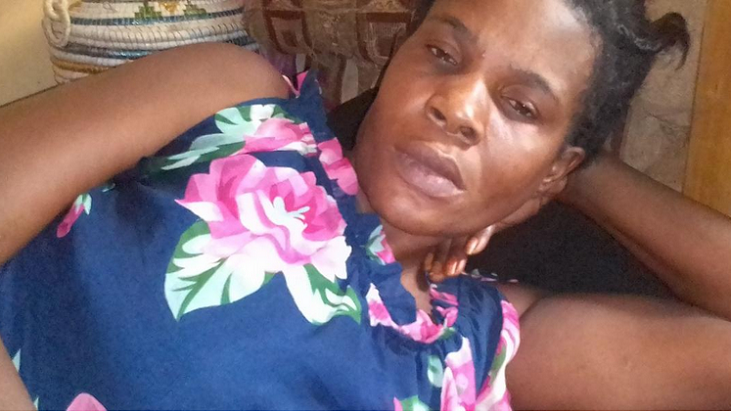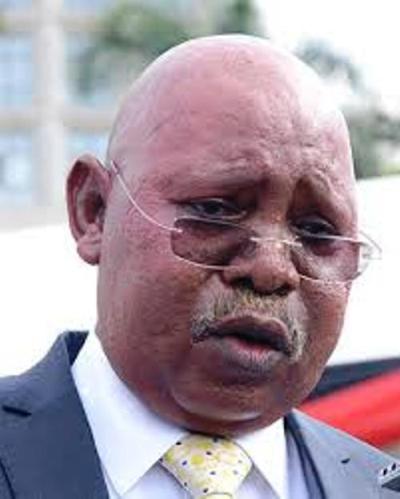Twitter owner, Elon Musk
A number of journalists from some major media houses in the US woke up to realize that they could not access their accounts on the micro-blogging site, Twitter. They had been blocked ‘permanently’, though the Twitter owner, Elon Musk said they would remain suspended for seven days, without giving any explanation to them.
An analysis shows that journalists have widely followed and written about Twitter and Musk. Later, however, Musk tweeted indicating that the journalists had infringed on his and other people’s privacy.
The accounts include those of Ryan Mac of the New York Times, Donie O’Sullivan of CNN, Drew Harwell of the Washington Post, Matt Binder of Mashable, Micah Lee of the Intercept, Steve Herman of Voice of America and independent journalists Aaron Rupar, Keith Olbermann, and Tony Webster.
The suspensions also followed a tweet from Mike Solana, Vice President of Founders Fund venture capital firm, who said that the accounts had posted links to jet trackers on other websites.
“Criticizing me all day long is totally fine, but doxing my real-time location and endangering my family is not,” Musk added in another tweet.
Doxing is the act of searching for and publishing information about a person, usually in real-time, mainly via the internet, and commonly on that person’s travels.
The suspensions come a day after Twitter changed its policies around accounts that track private jets, including one owned by Musk himself.
The Twitter accounts operated by NBC News journalists were unable to tweet any link to the pages of a Twitter account of Mastodon, which is hailed as a ‘Twitter alternative. Mastodon was, however, not blocked.
Musk indicated that the suspensions stemmed from the platform’s new rules banning private jet trackers, responding to a tweet from.
In response to critical views, Musk seemed to criticize state authorities for not responding to the doxing reports especially the journalists.
“If anyone posted real-time locations & addresses of NYT reporters, FBI would be investigating, there’d be hearings on Capitol Hill & Biden would give speeches about end of democracy,” he twitted.
CNN’s O’Sullivan said the suspended journalists are victims of Musk’s new approach against people he does not like.
“As we saw with the jet tracker last night, Musk seems to be just stamping out accounts that he doesn’t like,” O’Sullivan said on CNN.
All this comes as another social media giant, Meta, the owner of Facebook, is facing a 1.6-billion-dollar suit in a Kenyan court for allegedly failing to tame the blogging site’s influence on the war between Ethiopia’s government and the Tigray fighters.
International human rights NGO, Amnesty International, AI, and six others accuse Meta of allowing Facebook to be used to spread harmful information.
“The spread of dangerous content on Facebook lies at the heart of Meta’s pursuit of profit, as its systems are designed to keep people engaged. This legal action is a significant step in holding Meta to account for its harmful business model,” said Flavia Mwangovya, Amnesty International’s Deputy Regional Director of East Africa, Horn, and Great Lakes Region.
Accordingly, Meta must reform its business practices to “ensure Facebook’s algorithms do not amplify hatred and fuel ethnic conflict”, according to AI after submitting legal action at the high court of Kenya.
According to the documents in court, Meta promoted speech that led to ethnic violence and killings in Ethiopia by using a system that prioritizes and recommends hateful and violent content on Facebook.
AI and six other human rights and legal groups want orders to stop Facebook’s algorithms from recommending such content to Facebook users and compel Meta to create a 1.6 billion dollars (5.85 trillion Uganda Shillings) victim’s fund.
“In Ethiopia, the people rely on social media for news and information. Because of the hate and disinformation on Facebook, human rights defenders have also become targets of threats and vitriol. I saw first-hand how the dynamics on Facebook harmed my own human rights work and hope this case will redress the imbalance,” said Fisseha Tekle, legal advisor at Amnesty International, who claims to have been attacked after a post of Facebook.
Fisseha Tekle, one of the petitioners in the case, says he left Ethiopia, his country for Kenya, after sustained threatening and hateful posts against him for allegedly exposing human rights violations. One of the petitioners is Abraham Meareg, the son of Prof Meareg Amare of Bahir Dar University in northern Ethiopia, who was allegedly hunted down and killed in November 2021, weeks after posts inciting hatred and violence against him were posted on Facebook.
The case claims that Facebook only removed the hateful posts eight days after the murder Meareg’s killing, yet it had been alerted more than three weeks before. “Meta has shown itself incapable to act to stem this tsunami of hate. Governments need to step up and enforce effective legislation to rein in the surveillance-based business models of tech companies,” said Mwangovya.
In 2021, a whistleblower report, dubbed Facebook Papers, revealed that the company did not have sufficient content moderators who speak local languages, while Meta’s Oversight Board also showed concern over Meta’s insufficient investment in local language resources.
The petitioners claim, however, that considering how Facebook operates in other regions, it has the capability to implement special adjustments to its systems to quickly remove targeted content during a crisis.
“Meta has failed to adequately invest in content moderation in the Global South, meaning that the spread of hate, violence and discrimination disproportionally impacts the most marginalized and oppressed communities across the world, and particularly in the Global South.”
-URN





